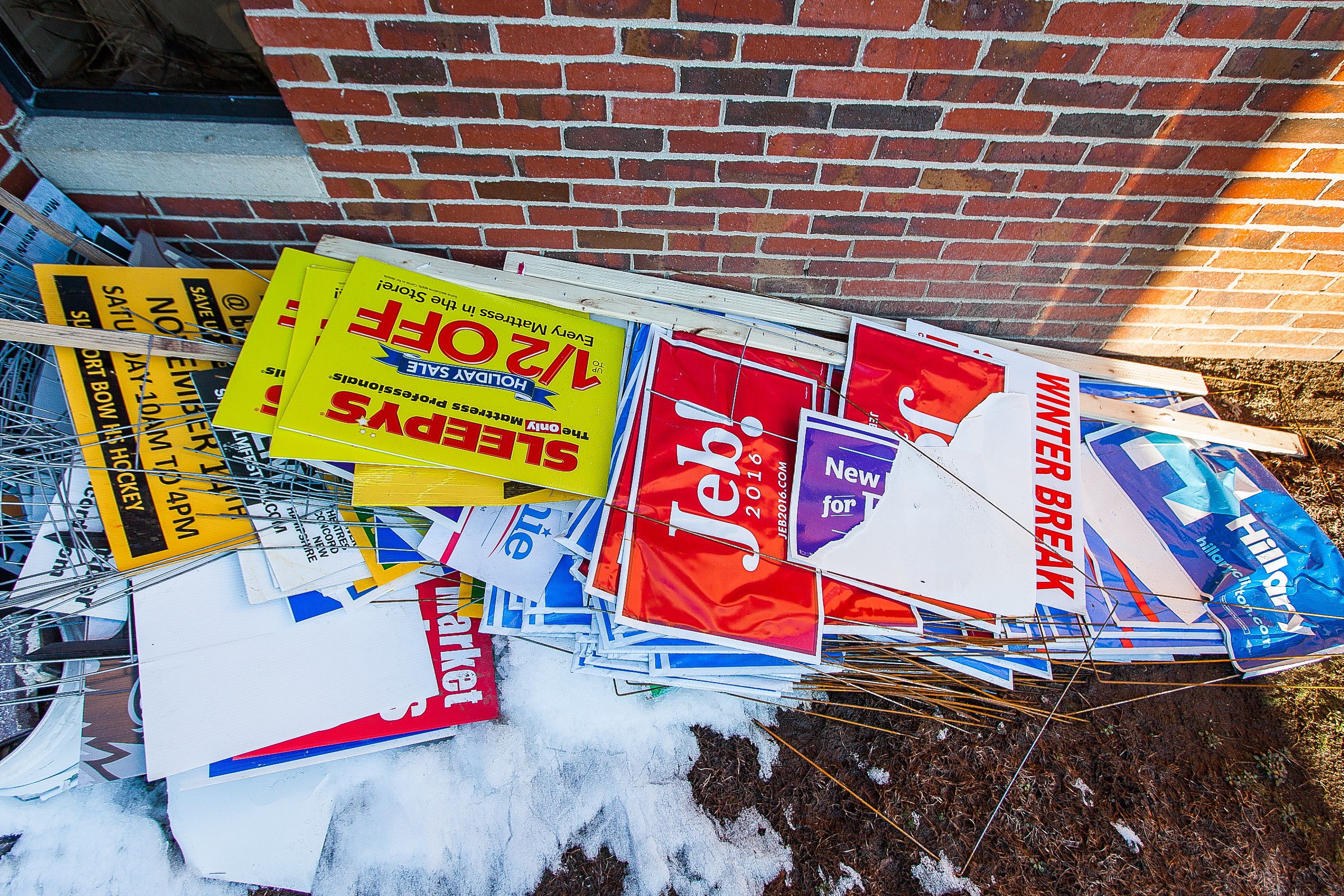In 1999 Alan Durning, the author and director of the Sightline Institute in Seattle, published a prescient and well-received book about natural resources and economics entitled “Green-Collar Jobs.â€
“A sustainable economy can generate employment just as well as an unsustainable one,†Durning wrote. “For every declining industry, like those that log old-growth forests, make farm chemicals, and build roads, there is an emerging one to take up the slack, like those that advise organic farmers, build windmills, and design walkable neighborhoods. A sustainable economy could be full of opportunity, and not only in these overtly green sectors.â€
He added: “But the incremental change from the status quo to an economy that aims for ecological durability, like any major social transition, will be full of painful transformations. The new jobs often require different―and more sophisticated skills than the old ones, and they’re sometimes in different places.â€
The phrase Durning coined, “green-collar,†and the basic economic framework that it describes have been embraced over the last year by presidential candidates of both parties, as much a factor in the 2008 campaign as “property rights†in the 1996 contest, and nearly as prominent as “family values†in 1988.
The Apollo Alliance has played a role in elevating the idea that in making the change from a polluting carbon-based economy to a clean energy economy, workers benefit. A 2004 Apollo Alliance study, New Energy For America, found that a 10-year, $300 billion federal investment in clean energy technology, equipment, and practices would yield 3.3 million quality, family-support, career-track jobs. Apollo’s president Jerome Ringo has tirelessly made the same case for green-collar jobs with local groups, major conventions, keynotes in dozens of states, in national media interviews, racking up 200,000-plus air miles a year.
More recently Van Jones, of Green For All, and Majora Carter, of Sustainable South Bronx have embraced the clean energy economy, and green-collar jobs as central to the “pathway out of poverty†for central city residents. The Apollo Alliance and a coalition of partners just published Green-Collar Jobs in America’s Cities, and a companion report, Greener Pathways, that provide guidance to elected leaders for developing effective green-collar training programs.
How much momentum has the green-collar framework gained? A lot. Here’s a sampling of media pieces in just the last week or so.

